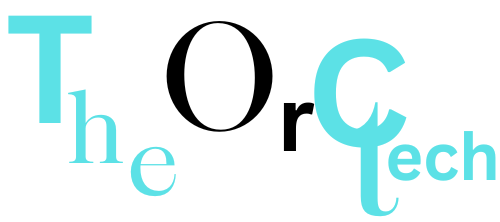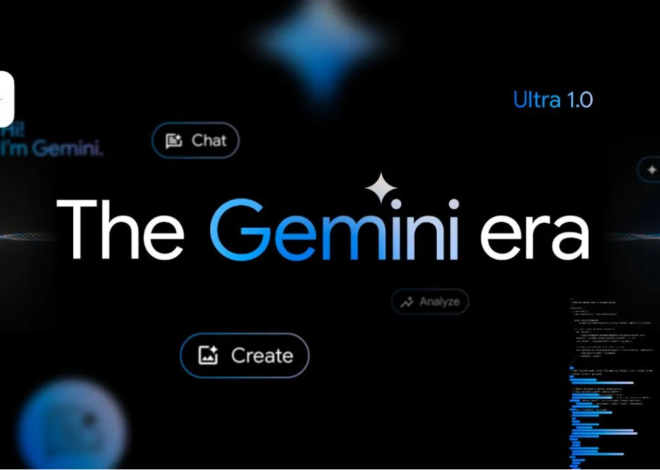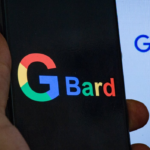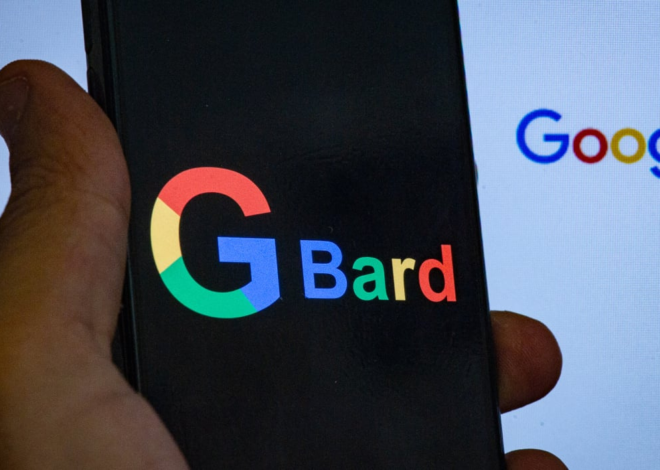
Meta AI Assistant and Facebook-Streaming Glasses Revealed
Meta unveils AI assistant, Facebook-streaming glasses
On Wednesday, Mark Zuckerberg, the CEO of Meta Platforms, unveiled a range of exciting AI innovations for consumers. These innovations include AI-powered bots capable of generating incredibly lifelike images, smart glasses equipped to provide answers to queries, and an enhanced virtual reality headset.
Zuckerberg, in his presentation, highlighted how these products unite the virtual and real worlds. He emphasized that Meta’s value proposition includes affordable or even free AI solutions that seamlessly become part of our daily routines. The Quest, Meta’s VR headset, continues to be a top seller in the growing VR market. Meta’s executives have gone as far as calling it the best value proposition in the industry, implicitly acknowledging the forthcoming release of a more expensive headset by Apple and positioning Quest as a compelling alternative.
Addressing the audience from the central courtyard of Meta’s expansive Silicon Valley headquarters, Mark Zuckerberg announced the imminent launch of a new iteration of Meta’s Ray-Ban smart glasses, set to hit the market on October 17th with a price tag of $299.

These upgraded smart glasses will feature a brand-new Meta AI assistant and will boast the ability to livestream the user’s perspective directly to Facebook and Instagram. This represents a notable advancement over the previous version, which was primarily focused on capturing still photos.
Mark Zuckerberg made these announcements during the Meta Connect conference, a significant event for the social media giant and the first in-person conference since the onset of the pandemic.
In addition to the smart glasses, Zuckerberg revealed that the latest Quest mixed-reality headset would be available for shipping on October 10th. Furthermore, he introduced Meta’s inaugural consumer-oriented generative AI products, including a chatbot named Meta AI capable of producing both text responses and highly realistic images.
Zuckerberg eloquently expressed Meta’s approach to innovation, highlighting that innovation can take two paths. One is introducing groundbreaking, never-before-seen concepts, and the other is taking existing amazing but costly technologies and making them accessible to everyone, if not entirely free.
Meta AI is set to be seamlessly integrated into the smart glasses, with a beta rollout beginning in the United States. A forthcoming software update, scheduled for next year, will equip the assistant with the capability to recognize and identify places and objects that users encounter, as well as to facilitate language translation.
To develop Meta AI, Meta harnessed a custom model based on the robust Llama 2 large language model, which the company made available for public commercial use in July. Furthermore, the chatbot will tap into real-time information through a strategic partnership with Microsoft’s Bing search engine, as mentioned by Zuckerberg.
In an interview with Reuters, Nick Clegg, President of Global Affairs at Meta, detailed the company’s efforts to ensure responsible AI usage. Meta has implemented measures to filter out private information from the data utilized to train their AI model. Additionally, they’ve imposed certain restrictions on the tool’s capabilities, including a prohibition on generating lifelike images of public figures.
Also Read | Meta rolls out web version of Threads
Clegg emphasized that Meta has been cautious in selecting datasets, deliberately avoiding those with an abundance of personal information. He cited LinkedIn as an example of a website whose content was intentionally excluded from their data sources. These steps reflect Meta’s commitment to maintaining privacy and responsible AI practices.
Custom AI Bots
Meta is introducing a platform for everyone, including developers and regular users, to craft their own customized AI bots. These bots will have profiles on Instagram and Facebook and will eventually be integrated into the metaverse as avatars, enabling greater individual involvement in shaping the metaverse experience.
Meta has taken a bold step in showcasing its AI tool’s prowess by introducing a lively cast of 28 chatbots, each imbued with unique personalities that echo famous figures like Charli D’Amelio, Snoop Dogg, and Tom Brady, as revealed in a recent company blog post.
What’s intriguing is that these new features appear to be aimed at injecting fresh vitality into existing apps and devices rather than chasing immediate profit or creating new ad platforms.
Bob O’Donnell, the chief analyst at TECHnalysis Research, offered an insightful perspective on Meta’s strategy, saying, “Monetizing AI products may not be Meta’s immediate goal. Instead, they seem more interested in building a platform that can be harnessed by other developers.”
But that’s not all. Zuckerberg dropped another exciting bombshell – Xbox cloud gaming is set to make its way to the Quest in December, promising an immersive gaming experience for users.
Also Read | What is Metaverse? Explore Metaverse Technologies
And let’s not forget, Meta‘s Quest 3 headset, announced earlier this summer, has positioned itself in competition with Apple’s high-end Vision Pro headset, which boasts a hefty price tag of $3,500. The battle for supremacy in the headset arena is heating up, making it a captivating industry to watch.
Priced affordably at just $500, the Quest 3 doesn’t compromise on technology, featuring the same cutting-edge mixed-reality capabilities initially introduced in Meta’s higher-priced Quest Pro device, unveiled last year. This technology provides users with a live video feed of their real-world surroundings, enhancing their immersive experience.
The significance of these announcements lies in Mark Zuckerberg’s strategic response to the shifting investor landscape. In recent times, there has been a notable shift in investor interest from augmented and virtual reality technologies towards artificial intelligence. Zuckerberg’s decisions are evidently geared towards aligning Meta with this evolving trend.
The stakes for this event were exceptionally high, given that investors had raised concerns in the previous year regarding Meta’s substantial investment in the metaverse. These concerns prompted Zuckerberg to make tough decisions, including laying off tens of thousands of employees, to sustain funding for his ambitious vision. It underscores the company’s commitment to charting a path that balances innovation with fiscal responsibility.
Developers were closely examining Meta’s latest hardware devices to identify potential app opportunities, while investors were on the lookout for signals indicating whether Meta’s high-stakes gamble, which has incurred losses of over $40 billion since 2021, might eventually prove profitable.












